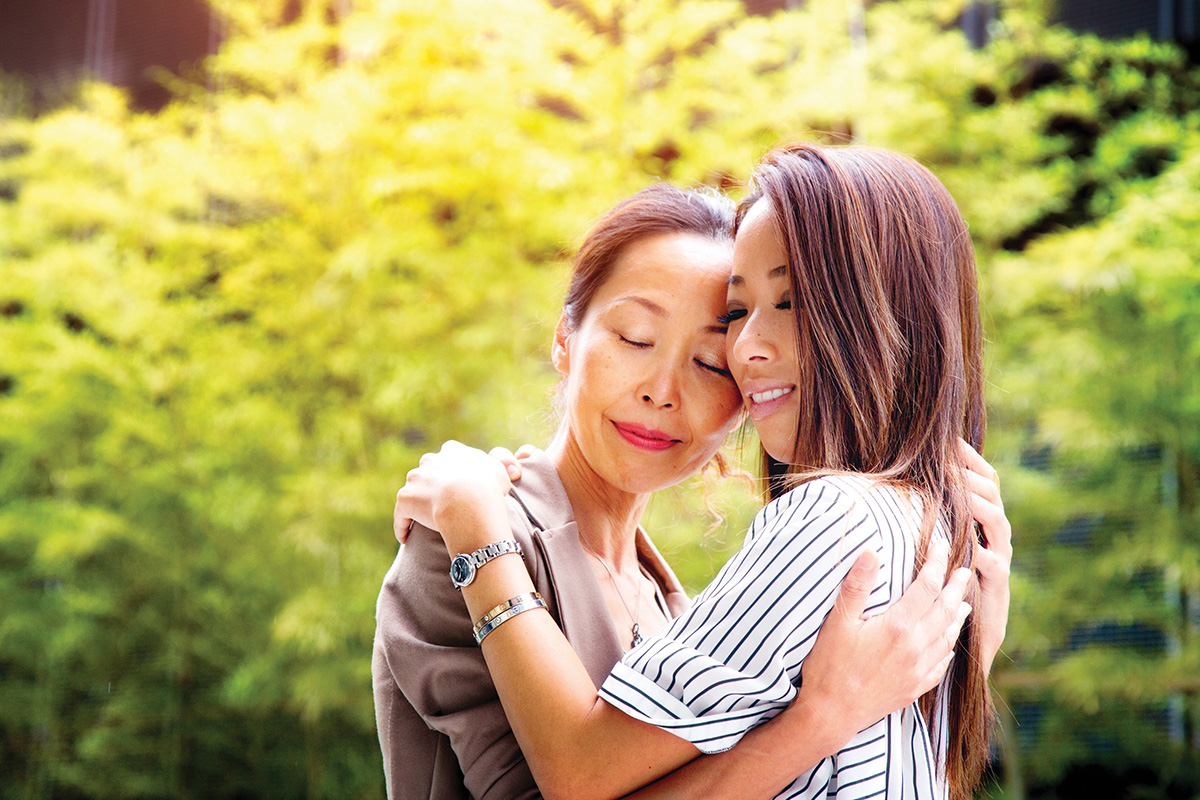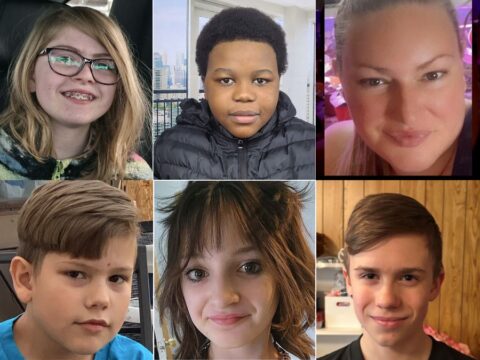In my family, we excel at delivering apologies. We fight loudly and passionately — and then we make up. We hug, we say we’re sorry and we move on. Not all families work this way. During my first few years of married life, I tried to put my husband through my version of an apology boot camp. He resisted every step of the way.
Eventually, I taught him how to say sorry. Now he acknowledges not only the intentions of his words and actions, but also their impact. He accepts my apologies gracefully, without making me feel worse about my mistakes.
You may unsubscribe from any of our newsletters at any time.
But after more than a decade of marriage, I still have not been able to rid him of his qualifiers. He is the king of the insincere apology. His favourite faux admission of regret includes a “but” at the end of “I am sorry” — after which comes a list of reasons why he isn’t really sorry at all. Then there’s his classic “Fine, sorry!” It’s launched like a weapon and carries none of the healing properties of an authentic apology. Mercifully, he doesn’t issue the infamous “I am sorry you feel that way” — a non-apology used by passive-aggressive people the world over.
He makes up for this deficit by being a wonderfully caring partner and an excellent father to our child. Of course, despite my A+ in saying sorry, I’m not actually perfect either — something I am very good at apologizing for!
Learning to apologize is a skill honed over time. The way we approach any type of conflict resolution can mirror our childhood training and upbringing. Some people cope with post-argument awkwardness by retreating into silence. There are those who can go days without making amends. My anger after a quarrel has an expiration date of about an hour. After that, I want to give or receive an apology, fix the issue and be done with it. But for others, apologizing can be more difficult.
Public apologies are rife in the era of #MeToo. In an attempt to save their careers and reputations, accused celebrity figures appear to fall on their swords and offer loud apologies. However, these messages are usually vague, and some include language such as “I am sorry for any offence that my words or actions may have caused.” This type of language diverts attention away from the oppressor and makes the victim seem overly sensitive or defective for feeling wronged. They are classic examples of anti-apologies.
Take, for example, actor Kevin Spacey’s response to allegations of sexual assault. Although he said of his victim, “I owe him the sincerest apology,” he was quick to say that he doesn’t remember the event — “if” it happened at all. Then he obscured the whole mess by using it as a chance to come out as a gay man. There are also those who simply refuse to apologize at all.
Seeking to make amends when you have hurt someone is an essential part of the healing process — for both parties. So is forgiveness. Forgiving others isn’t just good for your relationships. It also does your health and well-being a favour. Studies show that forgiving others lowers stress levels and leads to better emotional and physical health.
So saying and hearing “sorry” is important to us all. But it does matter how apologies are delivered. Bad ones can do more harm than good. What does a good apology look and sound like? I asked some experts for their tips on making our regrets count. What follows is a list of key ingredients for an authentic and effective apology.
1. Take a moment
Hearing that we have been responsible for hurting someone’s feelings often inspires a defensive response. Take a moment to really think about why the other person is hurt or offended.
Wyatt Fisher, a licensed psychologist, marriage counsellor and couples’ Bible study founder in Boulder, Colo., has the following advice for truly understanding another person’s point of view: “The first step is to fully immerse yourself in their experience.” Think about what it would have felt like to be in their shoes, he says, considering their upbringing, their circumstances and their temperament. “A helpful approach to facilitate this is to journal on the hurtful situation as if you were them.”
2. Keep it simple
Cut out any extra words that aim to deflect blame or minimize fault. Simply say “I’m sorry” — no ifs required. As Sara Stratton, reconciliation and Indigenous justice animator at the United Church’s General Council Office, says, “There are no ‘ifs’ in a genuine apology. You don’t apologize ‘if’ you have caused offence or harm; you apologize because you have.”
3. Admit responsibility
Hurt people often feel misunderstood or under-appreciated. Showing that you understand how you caused offence goes a long way in repairing relationships. However, sometimes people are not ready to hear your apology, and you must be willing to accept that. “You cannot force the other person to reconcile with you. For reconciliation to take place, both parties have to want it. If the other person does not want anything to do with you, you should respect their wishes and leave them in peace,” says Laurie Endicott Thomas, author of Don’t Feed the Narcissists! The Mythology and Science of Mental Health.
4. Explain yourself
When people have been hurt, especially by someone they love, they often have one question: why? Understanding why someone behaved in a particular way can help some people to forgive and move on. For Aaron Miechkota, program co-ordinator of Iridesce, the United Church’s Living Apology project, “Seeking to understand why or what motivated a hurt may be about wanting to faithfully accept the invitation that we have in Christ, to know each other as God knows us: as fully human and fully loved, in the wholeness and brokenness of who we are and the world we live in.”
5. Make a promise
Apologies are meaningless if the offending behaviour or action is repeated in the future. An effective apology includes a promise not to hurt your loved one in the same way again.
As Stratton observes, “A genuine apology only comes from your own awareness of your impact on others, and it lives only in your commitment to change that moving forward, no matter what the magnitude of the change required.”
6. Keep communicating
Jessica Elizabeth Opert, a relationship coach based in London, England, reminds us that human beings in lasting relationships are bound to hurt each other from time to time. “Couples that understand that harm, both intended and unintended, [is] part of long-term human interaction have a more open heart towards forgiveness.”
She recommends that people in the midst of conflict keep talking and not expect a simple “sorry” to fix every problem. “Forgiveness is not saying, ‘What you did is okay.’ Forgiveness is deciding how long and how deeply we will carry the pain around with us for. Forgiveness is always a two-person job,” she says.
If you’re not good at offering sincere apologies, it’s never too late to learn. Start by listening carefully to the person you have hurt and exercise some empathy by trying to see the situation from their point of view. Make sure you actually say, “I am sorry.” They are powerful and healing words that don’t need any extras tacked on the end.
My husband is a work-in-progress as far as apologies go. I’ve moved on to training our preschooler. Maybe one day he can teach his dad a thing or two!
This story first appeared in The Observer‘s May 2018 edition with the title “The art of apology.“














